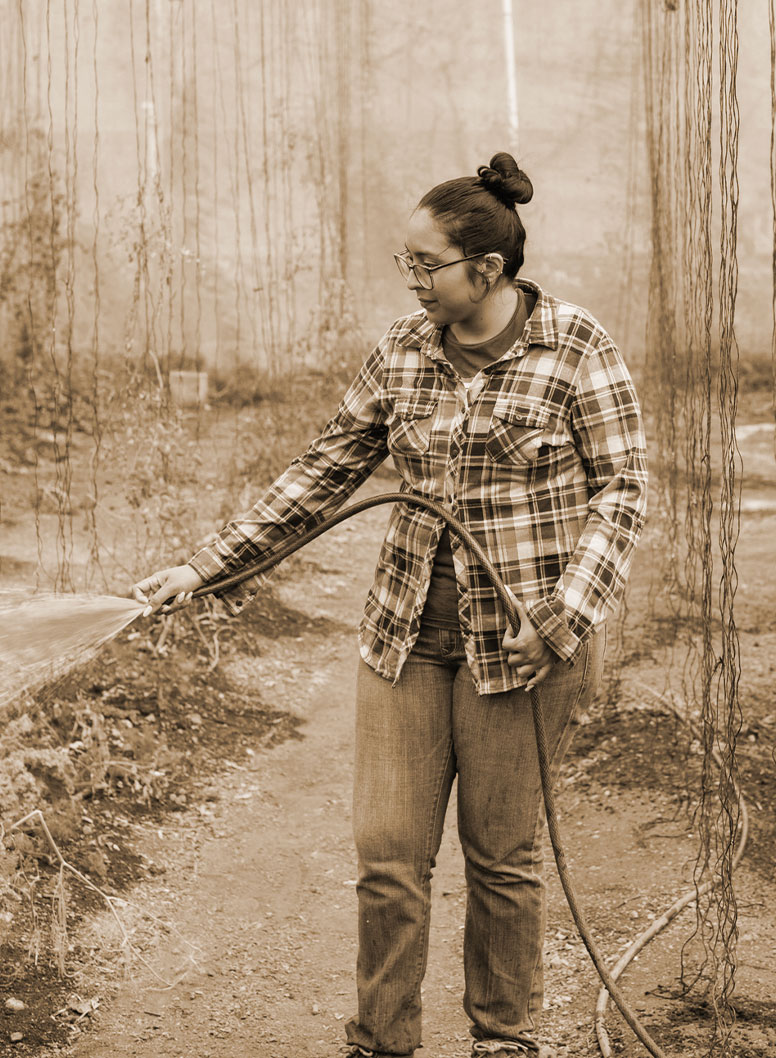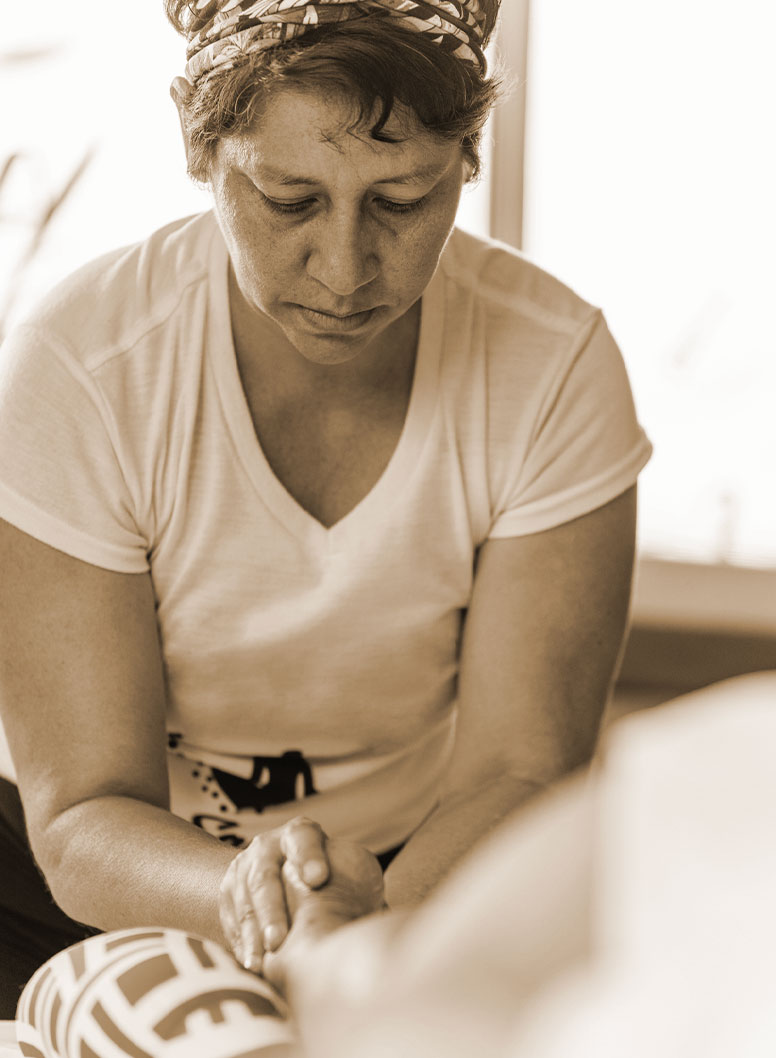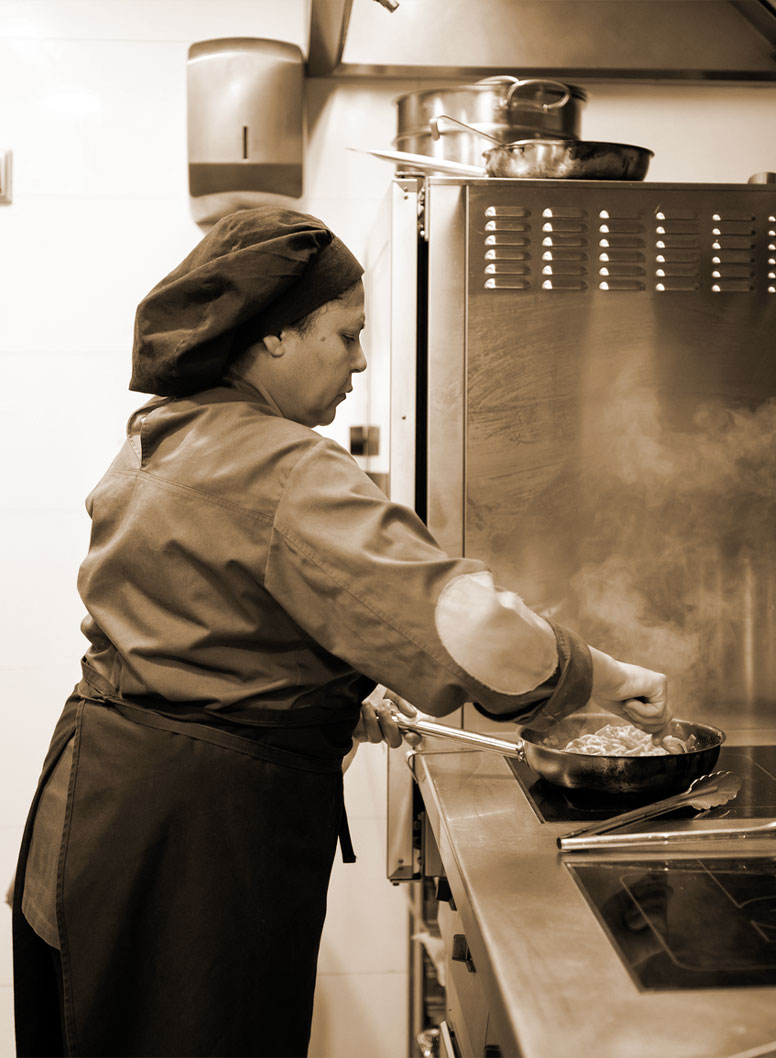Is it trafficking?
Examining gender-based violence among women who do informal, precarious, non-standard work.





Research Update
September 25, 2025
Since the project began in October 2023, we completed an overview of relevant academic and gray literature.
This revealed a tendency in the literature to focus analyses and services on victims of either trafficking in persons or migrant worker exploitation, on either Indigenous or migrant women, and on either “sex trafficking” or “labour trafficking.”
We believe that, by focusing on all forms of gender-based violence experienced by racialized women in all forms of informal, precarious, non-standard work, our project will contribute to a more comprehensive understanding of women’s needs and the various avenues that community-based organizations can take to support them – regardless of state-imposed categorizations.
Since the previous project update in April 2025, we have continued consulting with the project advisory group, conducting research interviews, completed the data analysis, and begun writing the final report.
The advisory group meets bi-monthly to provide feedback and guidance as the project progresses. The advisory membership continues to evolve and is currently composed of Jess Doward from the Yukon Status of Women Council; Raul Gatica from Dignidad Migrante in British Columbia; Carey Collins from ACT Alberta; Kendra Mazer from Hope Restored in Saskatchewan; and Jonny Mexico, a consultant, advisor and activist from Manitoba.
We have conducted thirty five research interviews—nineteen with advocates and service providers and sixteen with racialized women who have experienced gender-based violence at work.
In the next six months, we will finalize and publish the report, and share it with the relevant governmental and civil society stakeholders.
If you would like to learn more about the project or receive the final report, please contact us.

